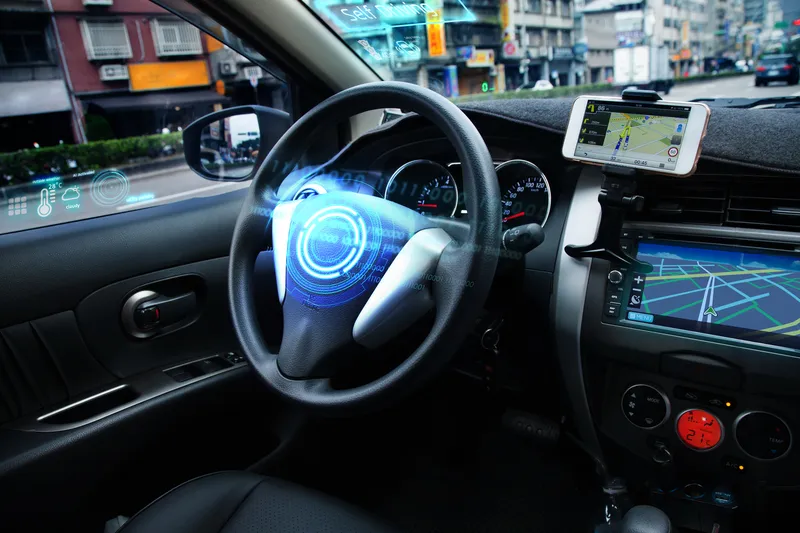UK independent road safety charity IAM RoadSmart has welcomed a new white paper which it says supports its statement that we will not gain the full safety benefits of self-driving cars until every car on the road is connected to each other. Until then, IAM RoadSmart believes that the human mind holds the edge, until such point that connected cars actually ‘talk’ to each other and predict what is happening over the horizon.
According to the white paper, Sensor Fusion: A Comparison of Sensing Capabilities of Human Drivers and Highly Automated Vehicles, written by Brandon Schottle of the
He added: “While no single sensor completely equals human sensing capabilities, some offer capabilities not possible for a human driver.
“In the short to medium term AV [autonomous vehicle] sensing systems will still be critical for detection of any road user or roadway obstacle that is not detected and shared by connected vehicles which is where the human brain comes in.”
Schottle pointed out a number of circumstances in which both human capability and a connected vehicle’s perception can be compromised – thus increasing the need for each party to work together – such as extreme weather, excessive dirt or physical obstructions, darkness or low illumination, large physical obstructions and dense traffic.
The report also pointed out where the human brain wins out over a vehicle’s ‘brain’; it said in the areas of memory, reasoning, sensing and perception, human involvement is both desirable and advantageous.
Neil Greig, IAM RoadSmart director of policy and research, said: “The ultimate win-win situation is a place where information from each vehicle is shared with the vehicles around it; add that to human experience born from a lifetime of ‘trial and error’ and you have the ideal double-act to spot crashes before they happen.”
Back in March, IAM RoadSmart warned that cars with growing levels of autonomy could make motorists lazy and over reliant on gadgets – with far reaching implications for the potential reduction of people killed and seriously injured on the roads.
Greig said at the time: “When it comes to driverless cars, IAM RoadSmart members are not keen to give up full control. The implications for future driver competence and training as we become more reliant on technology are still far from clear.”
The House of Lords Science and Technology Committee report Connected and Autonomous Vehicles: The future? echoed this view, stating: “Autonomous cars could have negative implications for drivers' competence, making drivers complacent and overly reliant on technology. This is of particular concern in emergency situations, where a driver may react slowly to taking back control of a vehicle.”
IAM RoadSmart welcomes US study on benefits of humans and new vehicles working together
UK independent road safety charity IAM RoadSmart has welcomed a new white paper which it says supports its statement that we will not gain the full safety benefits of self-driving cars until every car on the road is connected to each other. Until then, IAM RoadSmart believes that the human mind holds the edge, until such point that connected cars actually ‘talk’ to each other and predict what is happening over the horizon. According to the white paper, Sensor Fusion: A Comparison of Sensing Capabilities of
August 17, 2017
Read time: 3 mins









